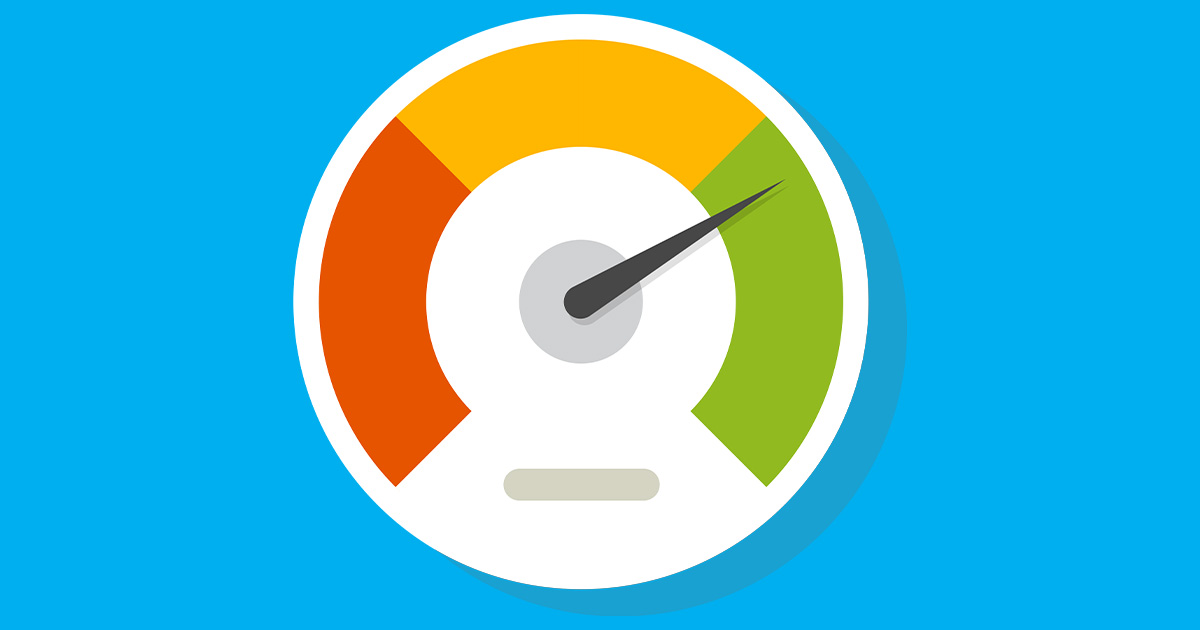
5 Myths About Your Credit Score
Financial freedom is something we all strive for and one thing that is the center of financial health is your credit score. If you are looking to improve your score, the first step is learning exactly how the system works. Yes, we are telling you to read the directions first, but we promise to have more than just vague pictures and a hex key. Understanding what impacts your score will ultimately help you reach your goal.
Let’s get started with 5 myths you may have heard about your credit score.
Myth #1: There is only one way to measure your credit score.
There are many ways to measure, just look at the metric system vs the imperial system. This is the same for your credit score, which can be a bit confusing when the number you have doesn’t match what the bank or lender has. Though most use FICO, it’s not always guaranteed. You can use FICO’s site yourself to see your score. No matter how you measure your score, continue to use the same measurement method so you can see trends over time. Your actual score may not be accurate, but the trends generally will be.
You can also use the Annual Credit Report website to access a free report each year from all three major credit reporting agencies. This way you can see all your accounts, loans and any collections.
Myth #2: Secured credit cards can fix your credit quickly.
Unfortunately, there are no quick fixes. Secured credit cards can help, but the quickest way to improve your credit score is to remove negative information – either by paying it off or filing disputes for discrepancies – and adding positive payment history.
A credit card can be a great way to start on the positive payment history. Just make sure to use it for things you can afford and pay off every single month.
Myth #3: Once you have good credit, it will continue to get better.
In a way this is both true and false. Once you have good credit, it won’t automatically just keep getting better. However, with the good financial habits you create, you will continue to keep your score healthy.
If your score is lower, you may see quicker progress than someone with a higher score. For example, it is harder for someone with a score of 800 to gain points than someone with a lower score. Either way, don’t stress, going up is where you want to be headed.
Myth #4: Closing old accounts will help your credit score.
This is not always the case. Older accounts with a good payment history still help your overall credit score, even if they have been paid off. To keep it active, just use it once or twice a year and pay it off immediately. This will help establish longevity in your credit history.
Myth #5: Only credit cards and loans are counted towards your credit score.
Unpaid and late bills also negatively affect your credit. In some places, even things like unpaid traffic tickets, lapsed contracts that remain unpaid (like gym membership) can go on your credit. It’s unfortunate as regular payments won’t be reported, but non-payments could result in collections which will impact your score.
Still have questions? No problem. Fill out the form below to be contacted by one of our moveUP Financial Wellness Specialists.
More to Know About Your Credit Score
- Credit Card Usage & Your Credit Score
- What is a Good Credit Card Utilization Ratio?
- What is a Rewards Credit Card?
- Loan Terminology to Know
- How to Get Rid of Credit Card Debt
- What is a Good APR for a Credit Card?









